 Having been postponed for a year due to the Covid-19 pandemic, new tax regulations affecting hundreds of thousands of contractors come into force this April.
Having been postponed for a year due to the Covid-19 pandemic, new tax regulations affecting hundreds of thousands of contractors come into force this April.
In a move that will affect both individuals and the firms who hire them, many self-employed workers will have to pay tax differently – and that could have a knock-on effect on your mortgage-borrowing potential.
If you’re a contractor providing services to small businesses in the private sector, or you work as a genuine freelancer, then you should see no change. However, if you’re a contractor who has set up a Personal Service Company (PSC) and use that for your business, the changes could affect you.
The end client is now responsible for determining your employment status
The IR35 legislation has been around for more than two decades. The aim is to remove the tax advantages of an individual providing services via a limited company to one firm – essentially those “disguised employees” whose working practices are similar to those of traditional employees.
If you’re a contractor, your limited company was previously responsible for determining the employment status of its worker(s). However, in 2017, the government introduced off-payroll working rules to cover all public sector organisations. These rules stated the end client was now responsible for determining the employment status of contractors.
The new private sector IR35 reform will mirror the 2017 changes. Contractors will no longer have the right to determine their IR35 status when working with medium-sized or large businesses.
Instead, the end client (the company hiring the contractor) will be responsible. The client will have to assess whether the service provided by the contractor is delivered in a manner that reflects self-employment (outside IR35) or employment (inside IR35).
Having considered your contract terms and working practices, the client will issue a Status Determination Statement (SDS). This outlines your IR35 status and will be provided to you and any party engaged with the client (for example, an agent).
If you’re a contractor and your end client deems you to be “inside IR35”, the fee payer – typically the client or recruitment agency – is responsible for deducting Income Tax and National Insurance contributions (NICs) from your fee.
Speak to a self-employed/contractor mortgage expert for advice
Under the new rules, if you fall “inside IR35”, payments to you from the end client will now arrive with Income Tax and NICs already deducted.
The outcome of this is that your “take home” salary may be lower than it was before, or the tax and NICs you pay might increase. Either way, this could affect an affordability calculation when it comes to getting a mortgage.
In addition, a sudden change to your income could complicate your application and give an underwriter reason to ask questions about your income. It may therefore take longer to process your application.
One further knock-on effect of this could be that you may worry you’ll end up “trapped” on your current mortgage deal because your income is reduced, when you’re hoping to remortgage onto a new deal.
Speaking to an expert can help you get the mortgage you need
From our point of view, the IR35 changes simply reinforce how important it is for self-employed and contractor clients to speak to an expert when it comes to getting a mortgage.
Contractor clients and those who own their own limited company have always benefited from expert help – and these new rule changes are no different.
For example, different lenders use different rules concerning the number of weeks they use when calculating the income of a contractor on a day rate.
If you’re on a day rate of £300, then finding a lender who uses 48 weeks rather than 40 weeks increases your income by £12,000 per year – potentially up to £50,000 or so in terms of borrowing potential.
It’s this type of specific knowledge that can help us find the right lender for you. This will be the same when the new IR35 rules come into effect.
Download our self-employed mortgage guide for loads of useful tips and hints for limited company owners and contractors.
Get in touch
If you’re likely to be affected by the IR35 changes, and you’d benefit from finding out how this affects your borrowing potential, please get in touch.
Email [email protected] or call us on +44 (0) 20 3786 7270.
Please note
Your home may be repossessed if you do not keep up repayments on a mortgage or other loans secured on it.




